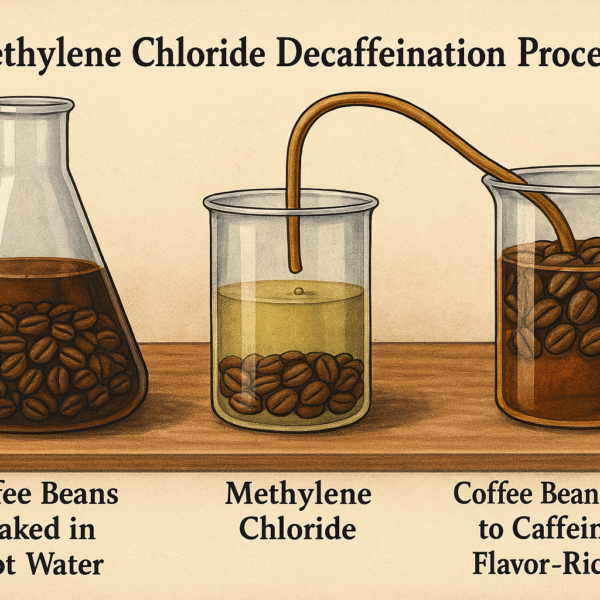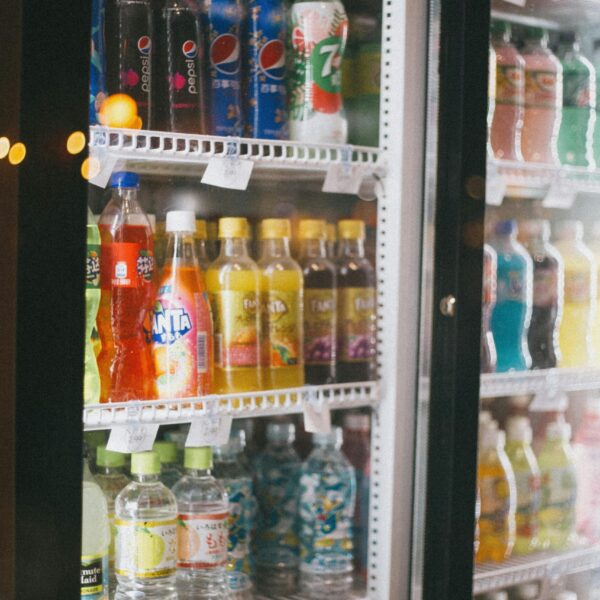
Microplastics in food are a growing concern especially when heat and plastic containers are involved. When we crave convenience, a microwaveable meal or quick takeout is often the go-to solution. But have you ever considered what happens when we heat food in plastic containers? Recent scientific research suggests this common practice may release a significant number of microplastics and nanoplastics into our food. These plastic particles, though invisible to the naked eye, may have real consequences for human health and the environment.
Microplastics are plastic fragments smaller than five millimeters, while nanoplastics are even tinier, ranging from one nanometer to one micrometer. Their small size allows them to migrate into food under everyday conditions, especially when heat is involved. These tiny plastic particles are now considered emerging environmental contaminants, and their presence in food and water is increasingly concerning.
Studies have found that when common plastic containers made of polypropylene are microwaved, they can shed millions of microplastics and billions of nanoplastics per square centimeter in just three minutes (Mao et al., 2020) [PMID: 32396799]. Similarly, research shows that even leaving bottled water in a hot car can accelerate plastic degradation and increase the particle count. In one global study, bottled water was found to contain an average of 325 microplastic particles per liter, with bottle caps, also made from polypropylene, being a significant source (Akhbarizadeh et al., 2021) [PMID: 33220326].
The risks are especially alarming when it comes to children and babies. In one study, preparing baby formula in polypropylene bottles with 70°C water released up to 16.2 million microplastic particles per liter (Wang et al., 2022) [PMID: 34637794]. Even using reusable lunchboxes or dishwashing them on high heat can release plastic fragments into your food (Zhang et al., 2023) [PMID: 36288673].
The health implications are still being studied, but the evidence we do have is deeply troubling. Microplastics have been shown in lab studies to disrupt lysosomal function in human cells, a key component of our body’s waste processing system (Forte et al., 2021) [PMID: 33112091]. Animal studies link microplastic exposure to gut microbiome disruption, increased intestinal permeability, and immune system inflammation (Jin et al., 2022) [PMID: 34364679]. Even more concerning, nanoplastics have been detected in human blood (Leslie et al., 2022) [PMID: 35237803] and placental tissue (Ragusa et al., 2021) [PMID: 33387676], suggesting these particles may cross critical biological barriers and potentially affect fetal development.
Equally concerning is the potential for plastics to act as carriers of endocrine-disrupting chemicals (EDCs). Additives like phthalates, bisphenol A (BPA), and bisphenol S (BPS) often accompany microplastic release, adding another layer of chemical exposure that could impact reproductive and hormonal health.
So what can you do to protect yourself? The good news is that small lifestyle changes can make a big difference. First and foremost, avoid heating and storing food in plastic containers. Opt for non-toxic alternatives like lead-free glass or ceramic. For babies, choose glass bottles with natural rubber nipples and avoid exposing plastic containers to high heat when preparing formula.
When it comes to hydration, ditch bottled water whenever possible. Filter your tap water and store it in stainless steel or glass containers. Opt to hand-washing non-toxic dishes. These conscious decisions not only reduce your exposure to microplastics but also contribute to broader environmental protection.
In an age when convenience often dictates our choices, it’s more important than ever to stay informed. Building a non-toxic kitchen and lifestyle doesn’t require perfection, just progress. Every small action you take contributes to a healthier body and a cleaner planet.
💌 Want to stay in the know about holistic health?
Join the Roots ’n’ Fruits newsletter for the latest research, medicinal recipes, plastic-free DIY, limited-time deals and inspiration for mindful living.
🎁 Bonus: Each month, one new subscriber will be selected to receive a free sampler of Roots ’n’ Fruits favorite products! Share the newsletter with family and friends for their chance to win.

